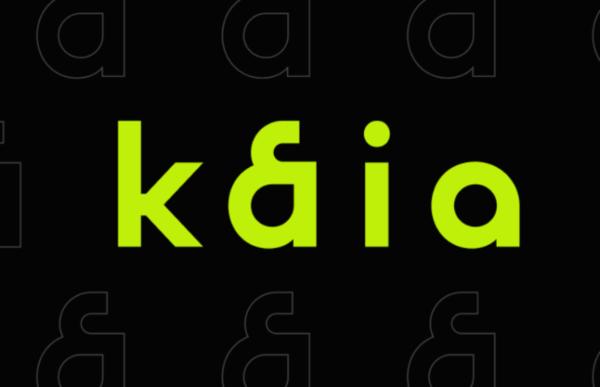Discussions about a won-based stablecoin in Korea are gaining momentum. With a consensus formed among political circles, financial authorities, and the industry on the concept of a 'digital won', the construction of a next-generation currency infrastructure using blockchain is being actively discussed. This trend is not unfamiliar. This publication has already pointed out, "Korean-style Stablecoin: An Innovation Without Demand?"
That observation remains valid. However, we now believe we are at a point where we must redefine stablecoins not as a simple payment innovation, but as a monetary strategy tool.
Korea is a country with world-class digital financial infrastructure. Real-time remittance is basic, and simple payment methods like Naver Pay and Kakao Pay have deeply permeated daily life. Inflation concerns are relatively low, and the won's stability is robust. In such an environment, the question "Why should we use a stablecoin?" is valid. In fact, this publication has consistently emphasized that "domestic real economy demand for stablecoins is limited".
However, if that question is confined only to domestic consumer payment environments, it is an overly narrow perspective. The core of the discussion should now be about 'currency', not 'payment'.
Korea has essentially lost its influence in the most fundamental domain of currency sovereignty—the foreign exchange market. While the won boasts top-five trading volume, its price is determined in offshore markets—London, Hong Kong, Singapore. The offshore NDF (Non-Deliverable Forward) market has become the primary trading venue for the won, but domestic financial institutions cannot directly participate due to legal and institutional constraints. Consequently, it is in a bizarre reality where the won's value is determined overseas, not in Seoul—a 'foreign exchange market without sovereignty'.
No one denies the need for foreign exchange market reform. However, we must also acknowledge the reality that this is difficult to achieve in the short term. Therefore, what is needed at this moment is a digital currency strategy that can fill that gap. The stablecoin is precisely that technical workaround.
A blockchain-based won Token will be exposed to the 24-hour global market in real-time. This enables securing a global circulation channel for domestic currency that was impossible within the existing foreign exchange system. It can function not just as a digitization of domestic payment, but as a monetary strategy that reintroduces the won in real-time within the global digital asset ecosystem.
The United States is already trying to institutionalize stablecoins as a 'digital dollar' through the 'GENIUS Act'. Japan, Singapore, and Hong Kong are also showing strategic moves to utilize digital assets as foreign exchange policy tools. These countries are not thinking about 'making payment easier', but are contemplating 'how to expand their national currency'.
Korea is the same. To genuinely promote a won stablecoin, it cannot remain limited to payment convenience. It must be the result of strategic thinking that uses it as a technological testing ground for currency sovereignty recovery. Especially in Web3-based games, exchanges, and global community economic zones, stablecoins are operating as a standard unit of participation and reward, becoming a practical economic operation medium that existing currencies cannot perform.
Ultimately, what we need now is strategy design, not regulatory adjustment. Innovation without demand fails. But technology without strategy collapses even faster. Only when we define stablecoins not just as a payment method, but as the first step in a digital currency strategy, can the won's future finally be designed on that foundation.
For real-time news...Go to Token Post Telegram
<Copyright ⓒ TokenPost, unauthorized reproduction and redistribution prohibited>







